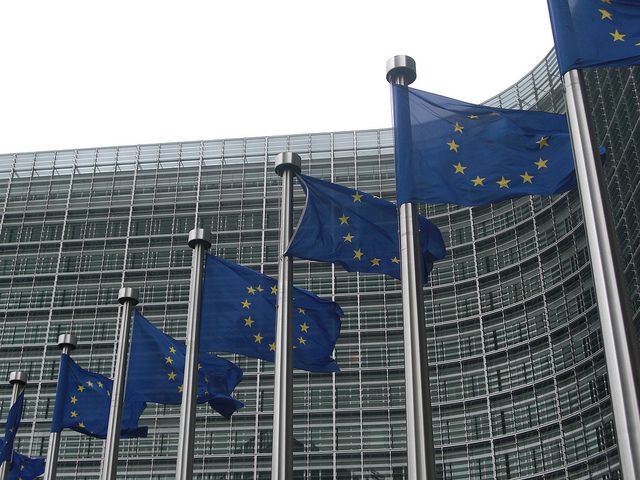In a new press release, the European Union’s governing body asks those working on data-driven, technology-enabled city building to do more to publish on the progress of that work. It’s part of an effort to bake openness about planning into the Commission’s work on “smart cities” from the start:
The challenge is being issued to city administrations, small and large companies and other organisations to go public with their ICT [information and communications technology], energy and mobility plans, so that all parties can learn from each other and grow the smart city market. Through collaboration as well as traditional competition, the Europe will get smarter, more competitive and more sustainable.
The European Commission certainly isn’t skeptical of the “smart city” concept. Under its auspices is the relatively new European Innovation Partnership on Smart Cities and Communities. That effort is just getting off the ground, and this notice comes as part of the process for soliciting proposals for participation in that partnership. Indeed, European Commission vice president Neelie Kroes also says of “smart cities” in the press release, “Nothing else makes sense. And nothing else is such a worldwide economic opportunity.”
So “smart cities” are here among friends. But by general admission of even its most fervent fans, the field has its fair share of spin, self-promotion and success stories that don’t hold up once you dig into things like facts and data. (For a strong, negative take on the topic, dip into Adam Greenfield’s mini-manifesto Against the Smart City.)
There’s no real teeth behind the European Commission’s call here — the challenge isn’t coming in the form of detailed guidelines, much less requirements — but it suggests that even “smart city” proponents in Brussels would like to peel back the curtain a bit on the claims being made in its name.

Nancy Scola is a Washington, DC-based journalist whose work tends to focus on the intersections of technology, politics, and public policy. Shortly after returning from Havana she started as a tech reporter at POLITICO.










